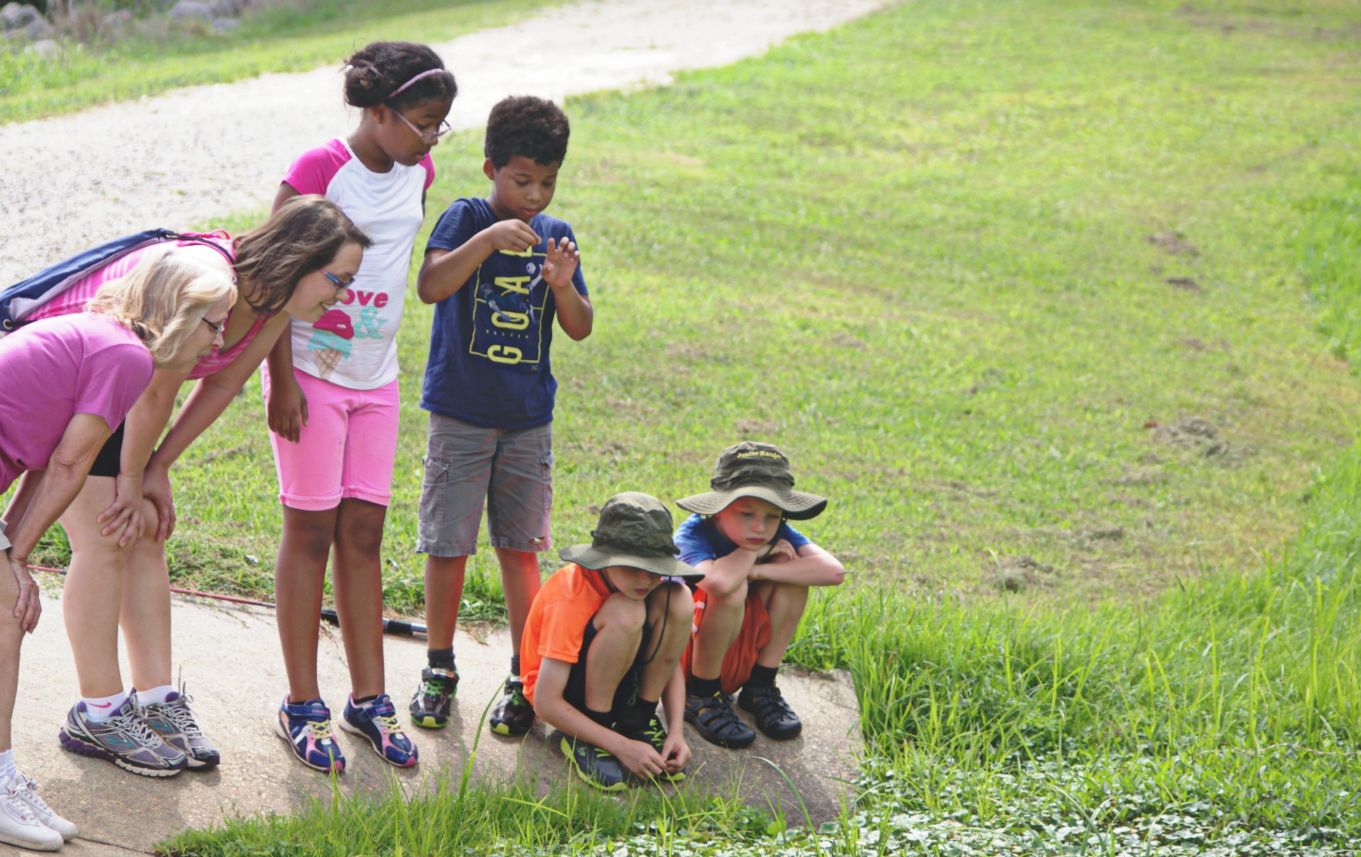Capítulo ocho: La niñez y la adolescencia

Chapter Objectives
Before beginning this chapter, it is important to recognize which skills and tasks you will be expected to learn to perform. Do you already have some previous skills or knowledge in these areas that you can use to your advantage? Are there any topics that you foresee being difficult? If so, it is a good idea to pursue additional assistance to get ahead of any potential issues. You are the master of your education—you have the power to take ownership of your learning!
In this chapter, I will:
- Express completed actions in the past using the preterit tense.
- Discuss what I used to do as a child and a teenager.
- Describe myself when I was younger.
- Make general impersonal and passive statements.
- Distinguish between situations that require the use of por versus those that require the use of para.
- Discuss cultural, geographical, and historical facts about Panama.
Chapter Overview
Welcome to Chapter 8, “La niñez y la adolescencia.” In this chapter, you will learn vocabulary about childhood and adolescence. You will also learn how to express what you did in the past using two tenses: the preterite and the imperfect tenses. With the preterite, you will be able to refer to past events as completed or finished in the past. Remember the Latin phrase “Veni, vidi, vici” (I came, I saw, I conquered)? The actions are presented as started and finished in the past. With the imperfect tense, you will be able to refer to actions that started in the past but without making reference to whether that activity is ongoing or has ended. Also, you will be able to describe yourself during those past times. Then, you will learn how to make general and passive statements, and to distinguish when to use “por” and “para”. Afterward, you will learn interesting facts about Panama. As always, you will build vocabulary and grammar skills to help you express yourself and understand what others say.
Content
| Vocabulary | Functions/Structures/Grammar | Culture/Readings |
| Childhood and adolescence
Expressions of time and frequency words Personality and behavioral words |
Preterit tense of regular verbs
Imperfect tense of regular verbs Imperfect tense of irregular verbs Impersonal and passive se Por vs. para
|
Lecturas:
Country overview: Panama |
Media Attributions
- Kids pond fun tadpoles at York River State Park © Virginia State Parks is licensed under a CC BY (Attribution) license

